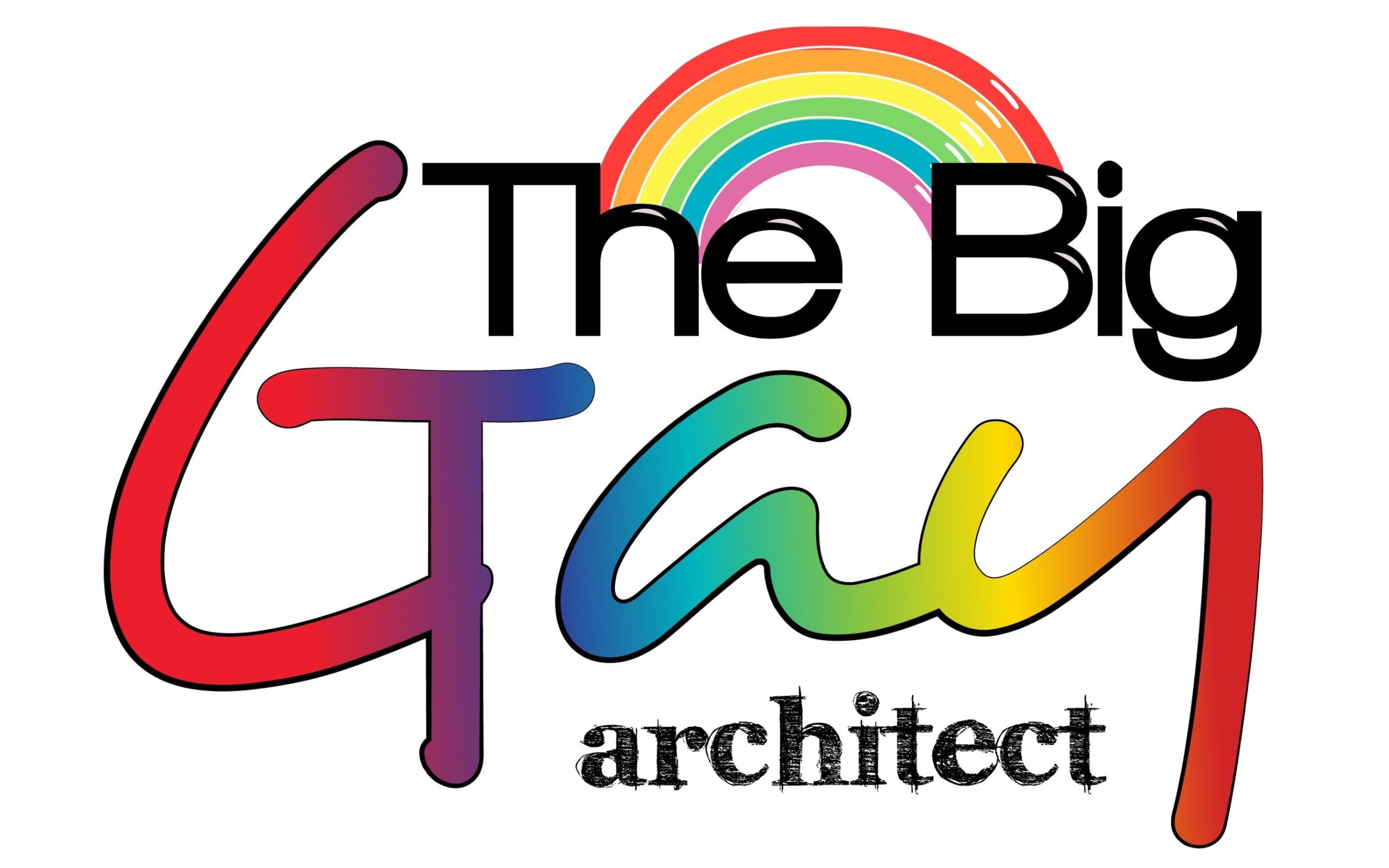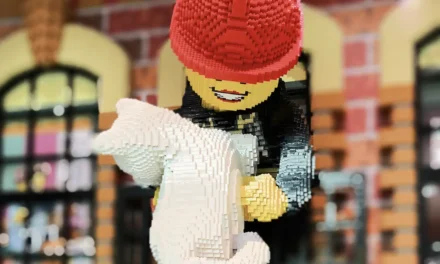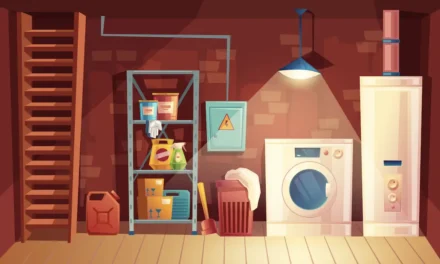I like to read. I don’t as much as I should these days, as the pile of unread books on my desk will attest. However, reading is one activity I’ve always enjoyed. Nothing like being an introverted kid who was happier to sit on his bed and read instead of going outside. Funny how little life changes.
I’m also one of those weird people who prefer printed copies over digital, or even worse, books on tape. I’ll read something on my iPad in a pinch, but listening to someone else read to me will put me out in a heartbeat. Not the best thing when you’re in the car. Plus for me, there is an undefined pleasure in physically holding a book and flipping pages.
Yet in all my time as a kid, I never had either of my parents tell me not to read a particular book. Or had someone else’s parents tell me that.
Unfortunately, a small subsection of parents has been dictating over the last few years what should and shouldn’t be available in school and public libraries. They would never allow their children access to that filth, so why should anyone be allowed to read it? And school boards, county commissioners, and state legislators have been more than happy to further that agenda.
Google “book bans” and see how many results you get. I stopped bookmarking articles after I reached 34, only to open a news site today to see another. Story after story talks about state legislatures and school boards passing laws that allow anyone to challenge a book in a school library. Parents armed with book lists provided by groups with the word “liberty” or “freedom” in their names.
We know they don’t get the irony.
But I wouldn’t expect them to.
And like most policies and legislation as of late, these bans are disproportionately affecting the Black and queer communities. The most challenged books have been either written by Black or queer authors; are centered around queer characters; or focus on race. Throw in the “radically sexual content” mentioned by one Texas legislator in his challenge to books, and it’s a wonder there is anything left to read.
Because no one really knows how to apply these laws. Instead you have entire school districts shutting down library access while every book is reviewed to ensure they don’t violate whatever the latest law states as inappropriate. Or to avoid being accused of banning a book, pulling the challenged book from the shelf for administrative review, meaning no one has access. One Dallas suburb hired four new staff members just for the purpose of book reviews to ensure they aren’t violating any laws.
Except a library should represent the diversity of their communities, whether in the school environment or in public, including the parts someone may not like. Patrons should see themselves in the catalog, whether that’s talking about race, queerness, or model ship building. And if seeing a particular book bothers you to the point of wanting it banned, then you should take that one home to read and find out why.
Book bans say so much more about the individual than the books themselves. Much more about what they are afraid of than the effect it might have on someone else. Is there a particular aspect of queerness or racism that frightens you so much because you see a part of yourself you’ve been trying to hide? Bullies that beat up on queer kids are often queer themselves. And book bans are just another form of bullying.
However, if you insist on banning a particular book, then I expect you to submit a book report to show me you’ve read that book. When former state rep Matt Krause sent out a list of 850 books and requested schools check if the titles were on their shelves, you know he had no idea what was on it or had read a single one. Texas Monthly even did a breakdown of the list and noted some of the more absurd titles.
What people like Krause weren’t expecting though was how people were going to get creative with the legislation and create new problems. One parent had the Bible pulled from school shelves in Utah (albeit temporarily) because stories in the Bible easily fell into at least one of the categories listed in the law. One parent in Polk County, Florida challenged so many books – none of which he had read of course – that the county stopped accepting his challenges.
Oops!
And every parent knows the quickest way to get a kid to do something you don’t want. Just tell them they can’t. They can’t see a movie. Or play a video game. Or listen to a particular type of music. Because they will find a way. Which makes me wonder how many kids are going to start searching for Gender Queer, or The Bluest Eye, or any of the other books these groups want banned. Books they might have never known existed had someone not decided since their child couldn’t read then, no one else should either.





